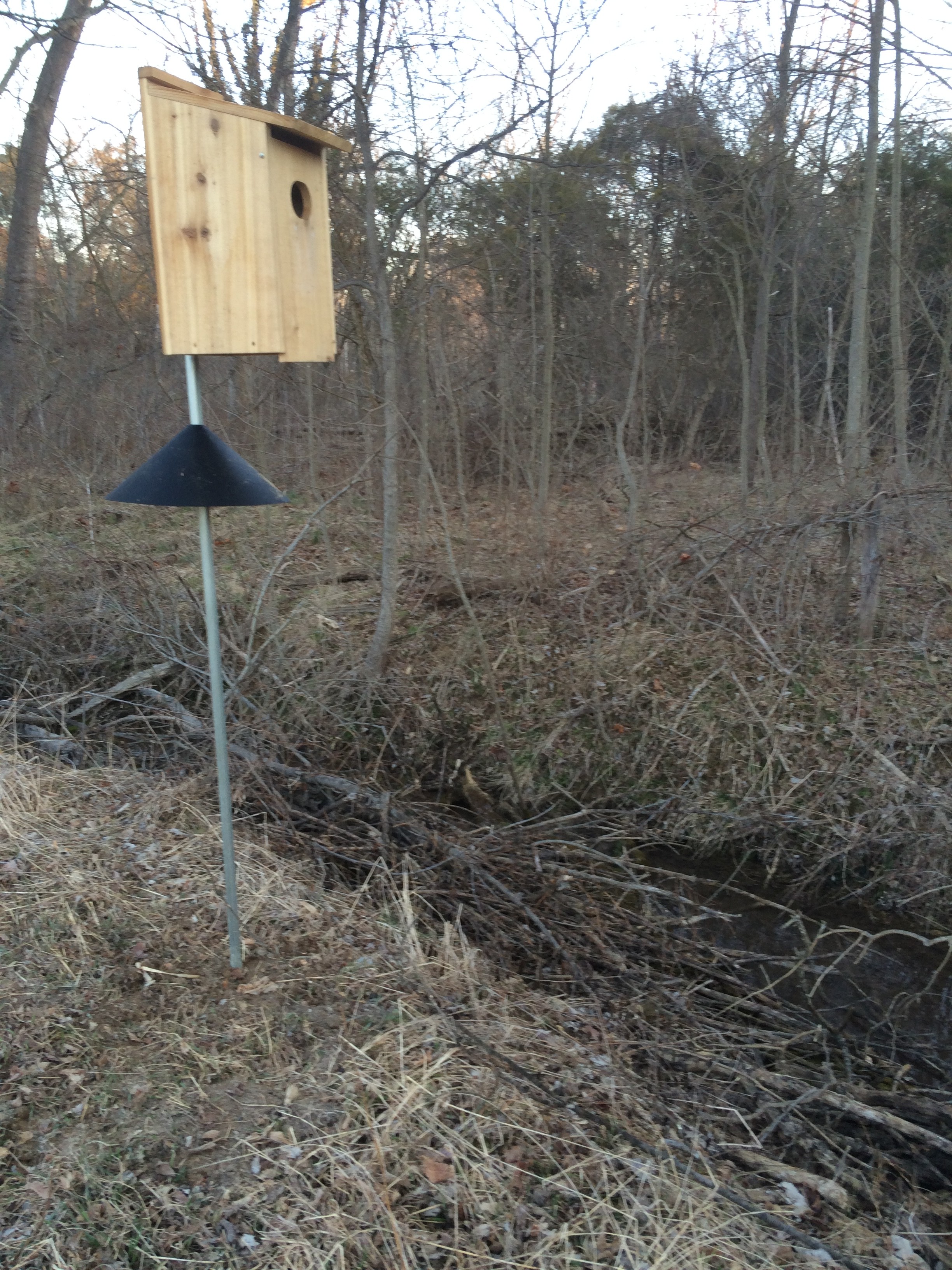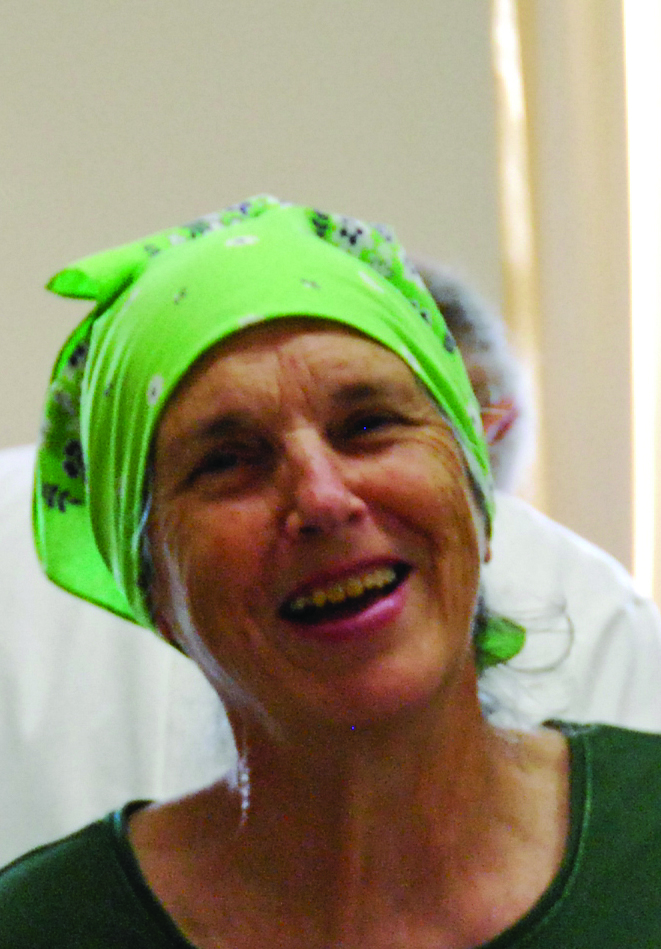16 Things I would want, if I got Dementia
 By Karen Cifala
By Karen Cifala
I didn’t realize this, but like most people I tend to interchange the words Dementia and Alzheimer’s, when in fact there are nine different types of dementia — Alzheimer’s is one of them. Dementia is a general term for loss of memory and other mental abilities that are severe enough that they interfere with everyday life. In general, dementia is caused by physical changes in the brain. Normal aging includes slowing down of our bodies and brain, although our intelligence remains stable. Dementia is usually a set of symptoms that will include more than one of the following brain functions with memory impairments:
- Recent memory (the ability to learn and recall information),
- Language (the ability to write or speak, or to understand written or spoken words),
- Visuospatial function (the ability to understand and use symbols, maps, etc., and the ability to correctly judge where objects are),
- Executive function (the ability to plan, reason, solve problems and focus on a task).
Alzheimer’s disease accounts for 60–80 percent of dementia cases. By 2011 guidelines for Alzheimer’s, diagnoses recommended that it is considered a slow progressive disease that begins well before symptoms emerge.
Vascular dementia used to be known as multi-infarct or post-stroke dementia and is less common, accounting for about 10 percent of cases.
In dementia with Lewy bodies (DBL), patients often have memory loss common to Alzheimer’s; however, early symptoms might arise such as visual hallucinations, gait imbalance similar to Parkinson’s features, and sleep disturbances.
Mixed dementia is more common than previously thought. For example, Lewy bodies can be present at the same time as Alzheimer’s.
Parkinson’s disease is a very progressive form of dementia, and is similar to Alzheimer’s or Lewy bodies.
Frontotemporal dementia symptoms include changes in personality and behavior and difficulty with language.
Creutzfeldt-Jakob disease is a rare fatal brain disorder affecting people and other mammals, like cattle, where “mad cow disease” has been transmitted to people under certain circumstances.
Normal pressure hydrocephalus is caused by fluid in the brain and includes symptoms of difficulty in walking, memory loss and inability to control urination.
Wernicke-Korsakoff syndrome is a chronic memory disorder caused by lack of Thiamine (vitamin B-1) and the most common cause is alcohol misuse.
Thank you to the Alzheimer’s Association website for this great info!
As we age and possibly become caregivers for our loved ones, it is important to treat them as a human being and not just someone who needs our help. Where safety and personal care might be our main concerns, and can be overwhelming at times, it is vitally important to nurture them both physically and mentally. I’ve heard that a good rule of thumb when caring for someone who has dementia: Remember that having dementia doesn’t mean that they can’t interact with you.
This thought provoking list of rules below was written by Rachel Wonderlin, a dementia practitioner, and is published on purpleelephant.org. People with dementia are worthy of our respect and love, despite their disease. Enjoy!
- If I get dementia, I want my friends and family to embrace my reality. If I think my spouse is still alive, or if I think we’re visiting my parents for dinner, let me believe those things. I’ll be much happier for it.
- If I get dementia, I don’t want to be treated like a child. Talk to me like the adult that I am.
- If I get dementia, I still want to enjoy the things that I’ve always enjoyed. Help me find a way to exercise, read, and visit with friends.
- If I get dementia, ask me to tell you a story from my past.
- If I get dementia, and I become agitated, take the time to figure out what is bothering me.
- If I get dementia. Treat me the way that you would want to be treated.
- If I get dementia, make sure that there are plenty of snacks for me in the house. Even now if I don’t eat I get angry, and if I have dementia, I may have trouble explaining what I need.
- If I get dementia, don’t talk about me as if I’m not in the room.
- If I get dementia, don’t feel guilty if you cannot care for me 24 hours a day, 7 days a week. It’s not your fault, and you’ve done your best. Find someone who can help you, or choose a great new place for me to live.
- If I get dementia, and I live in a dementia care community, please visit me often.
- If I get dementia, don’t act frustrated if I mix up names, events, or places. Take a deep breath. It’s not my fault.
- If I get dementia, make sure I always have my favorite music playing within earshot.
- If I get dementia, and I like to pick up items and carry them around, help me return those items to their original places.
- If I get dementia, don’t exclude me from parties and family gatherings.
- If I get dementia, know that I still like receiving hugs or handshakes.
- If I get dementia, remember that I am still the person you know and love.
Memory loss like mild forgetfulness can be a normal part of aging; however, because dementia itself is not a disease, it is important to find out the disease responsible for the symptoms.
Karen Cifala is a SRES Realtor for REMAX Roots and can be reached at 101 E. Main St., in Berryville, VA or by email at kcifala@gmail.com or by phone 303-817-9374.















